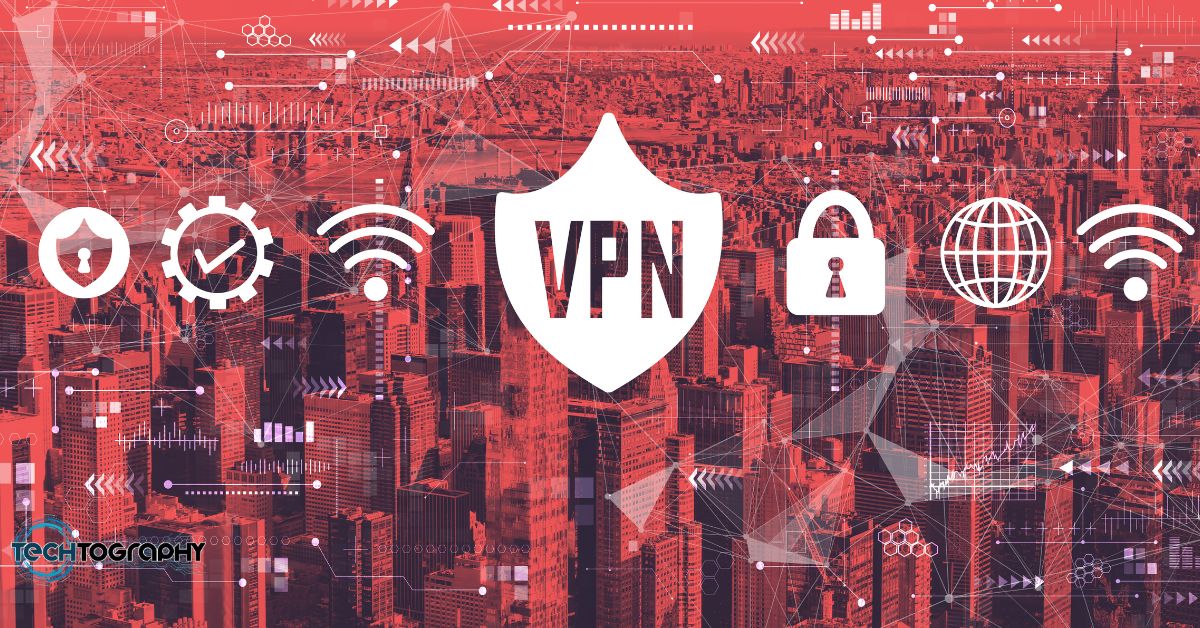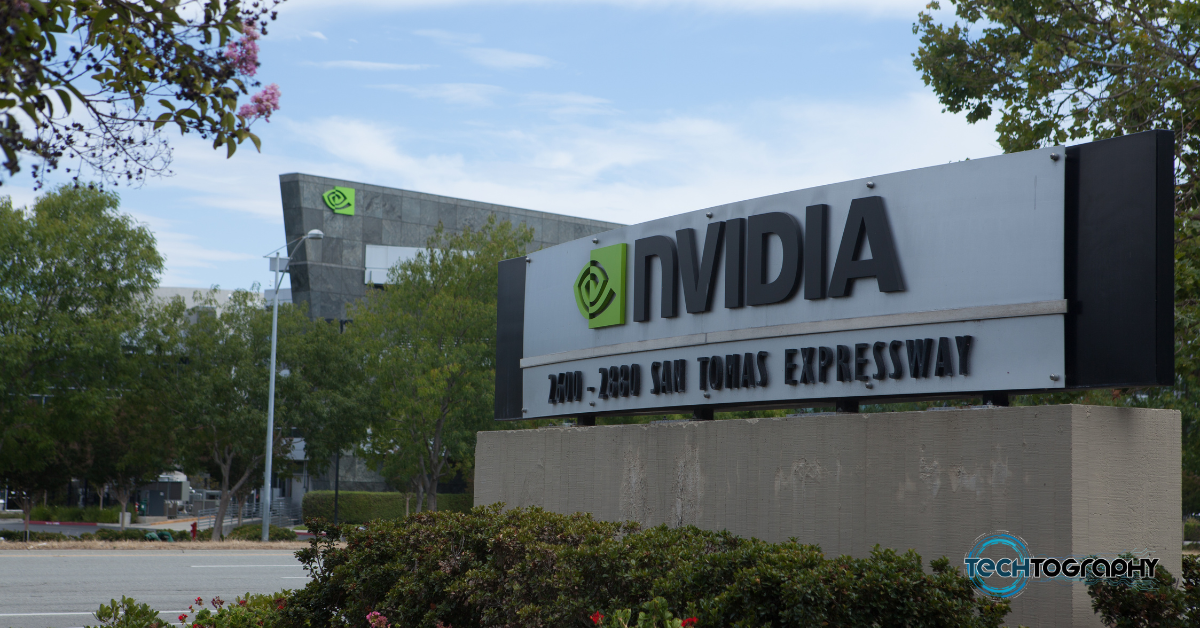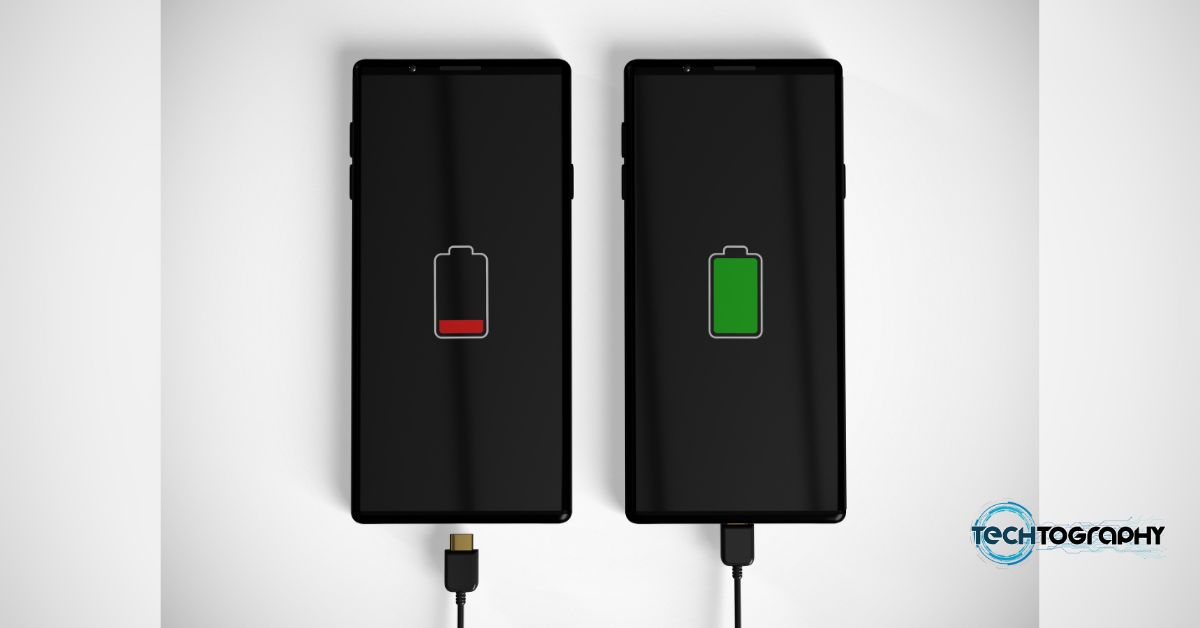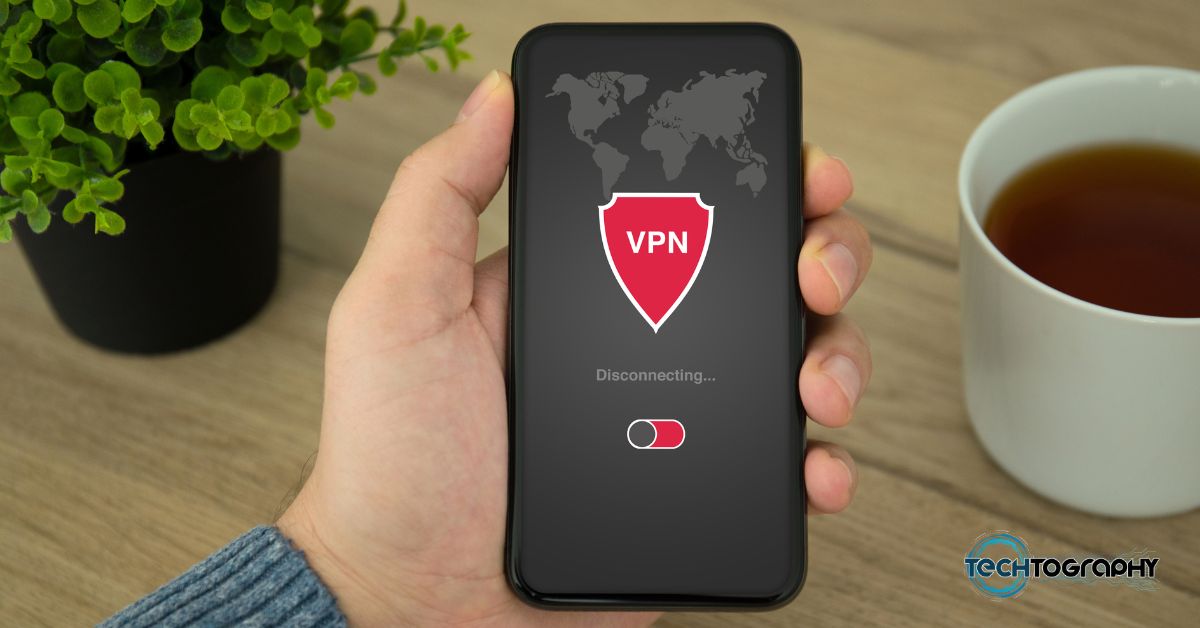In this Blog Post:
In an age where our digital footprint is constantly expanding, privacy and security have become essential aspects of our online experience. A Virtual Private Network (VPN) is a powerful tool that offers increased privacy, security, and freedom when browsing the internet. This article will explore the pros and cons of using a VPN and guide you towards choosing the best VPN services available in the market.
Understanding VPNs
A VPN is a technology that establishes a secure and encrypted connection between your device and the internet. This encrypted tunnel protects your data from hackers, cybercriminals, and even your Internet Service Provider (ISP). VPNs also mask your IP address, making it difficult for third parties to track your online activities and helping you bypass geographical restrictions on content.
The Advantages of Using a VPN
Enhanced privacy: By hiding your IP address and location, VPNs make it harder for websites, advertisers, and ISPs to track your online activities. This protection is particularly valuable in an era of widespread data collection and surveillance.
Improved security: The encrypted connection provided by a VPN safeguards your data from hackers, cybercriminals, and other threats. This is especially important when using public Wi-Fi networks, which are often unsecured and vulnerable to cyberattacks.
Bypassing geo-restrictions: VPNs allow you to access content and streaming services that are blocked in your region. By connecting to a server in a different country, you can enjoy unrestricted access to movies, TV shows, and other content that would otherwise be unavailable.
Circumventing internet censorship: VPNs enable users in countries with restricted internet access to browse freely. This can be invaluable for accessing information, connecting with loved ones, and exercising free speech.
Safe public Wi-Fi use: VPNs protect your data from theft when using unsecured public networks. This makes it safer to use your devices on the go, whether in a coffee shop, airport, or hotel.
The Drawbacks of Using a VPN
Slower internet speeds: The encryption and server routing required for VPN connections can result in reduced connection speeds. While this may not be noticeable for general browsing, it can impact streaming and online gaming.
Compatibility issues: Some devices or operating systems may not support VPNs, limiting their usage. Additionally, certain websites and services may block VPN connections, making it difficult to access content.
Trustworthiness: Shady VPN providers may misuse user data, making it essential to choose a reputable service. Researching a VPN’s history, reading user reviews, and scrutinizing privacy policies can help you make an informed decision.
Legal issues: Some countries restrict or outlaw VPN usage, so it’s crucial to research local regulations before using a VPN. Failure to comply with these rules can result in fines or other penalties.
Cost: While free VPNs are available, they often have limitations and may be less secure. Paid VPNs can be pricey, but they typically offer better performance, security, and features.
Choosing a Trustworthy VPN Service
When selecting a VPN service, consider the following factors:
Reputation and transparency: Opt for well-established VPN providers with a history of reliable service. A good track record is indicative of a company’s commitment to user privacy and security.
Privacy policy: Look for a strict no-logs policy and robust encryption methods to ensure your data remains secure. A trustworthy VPN should prioritize user privacy and not store any identifiable information.
Server locations and speed: A wide range of server locations and minimal speed reductions are desirable. This ensures you can access content from various regions while enjoying a smooth browsing experience.
Customer support: A reputable VPN service should offer responsive and reliable customer support. This is particularly important if you encounter technical issues or need assistance with configuration and setup.
Price and value for money: Compare features, subscription plans, and discounts to find a suitable option. While it’s tempting to opt for the cheapest VPN, remember that you often get what you pay for. Invest in a service that provides the security and features you need at a reasonable price.
Top Recommended VPN Services
Follow the link for our recommended top VPN Services
Conclusion
VPNs play a vital role in maintaining privacy and security in our increasingly connected world. By understanding the pros and cons of VPN usage and selecting a reputable service, you can take control of your online experience and protect yourself from potential threats. While no technology can guarantee complete privacy and security, a trustworthy VPN is a valuable tool for safeguarding your data and preserving your digital freedom.








